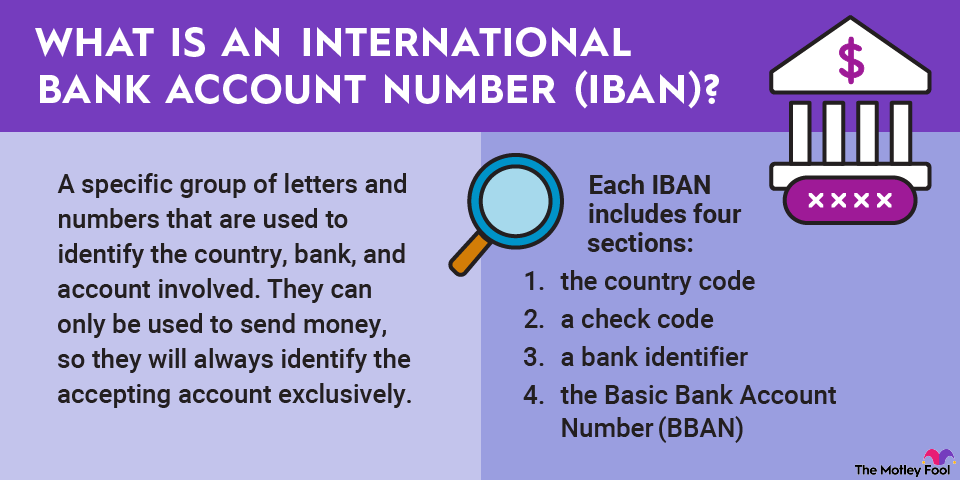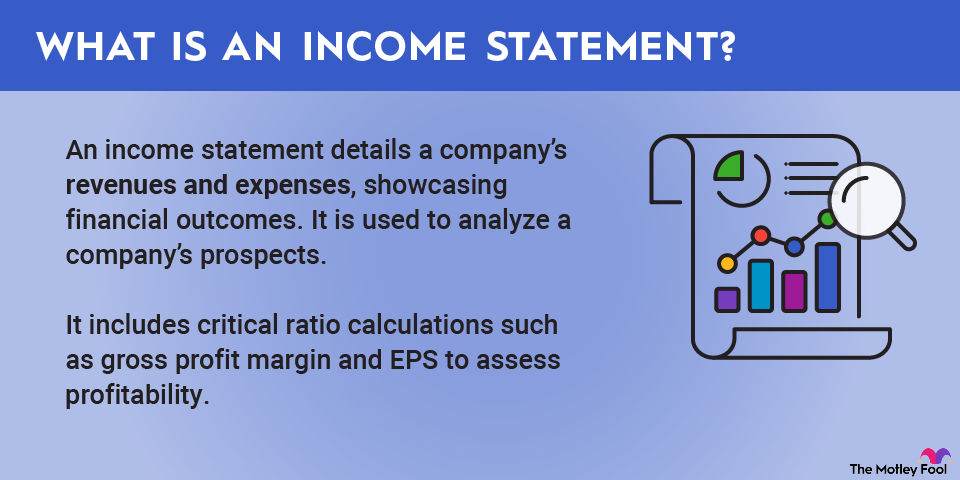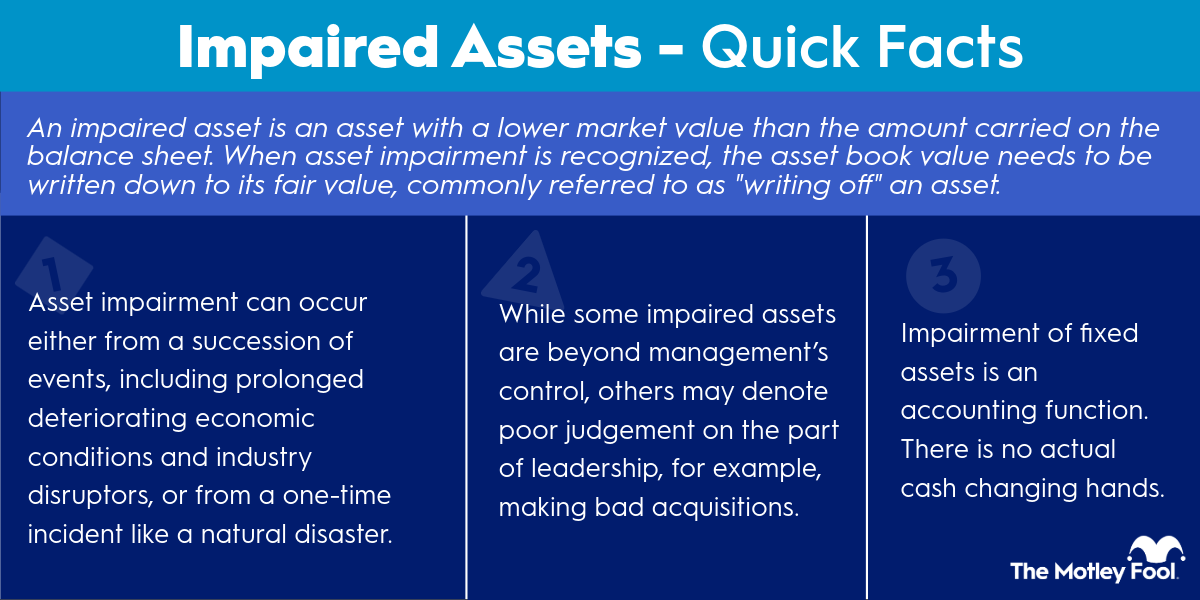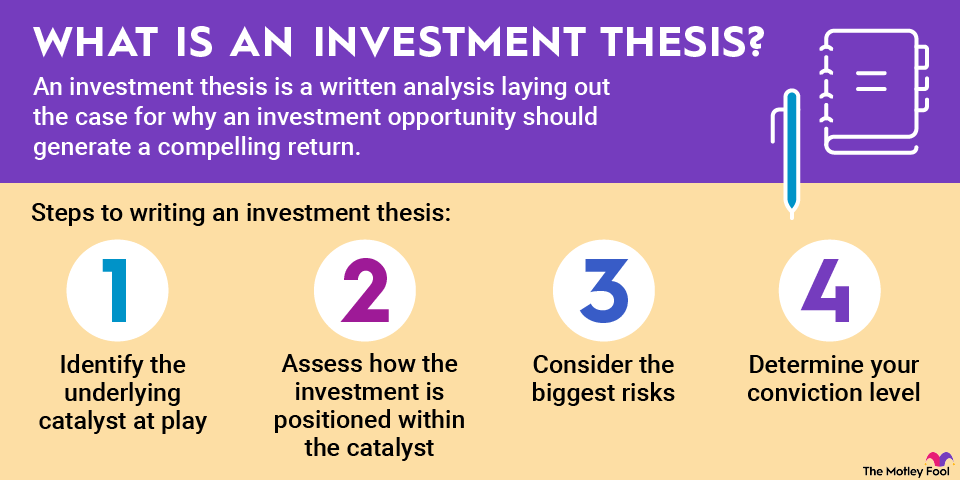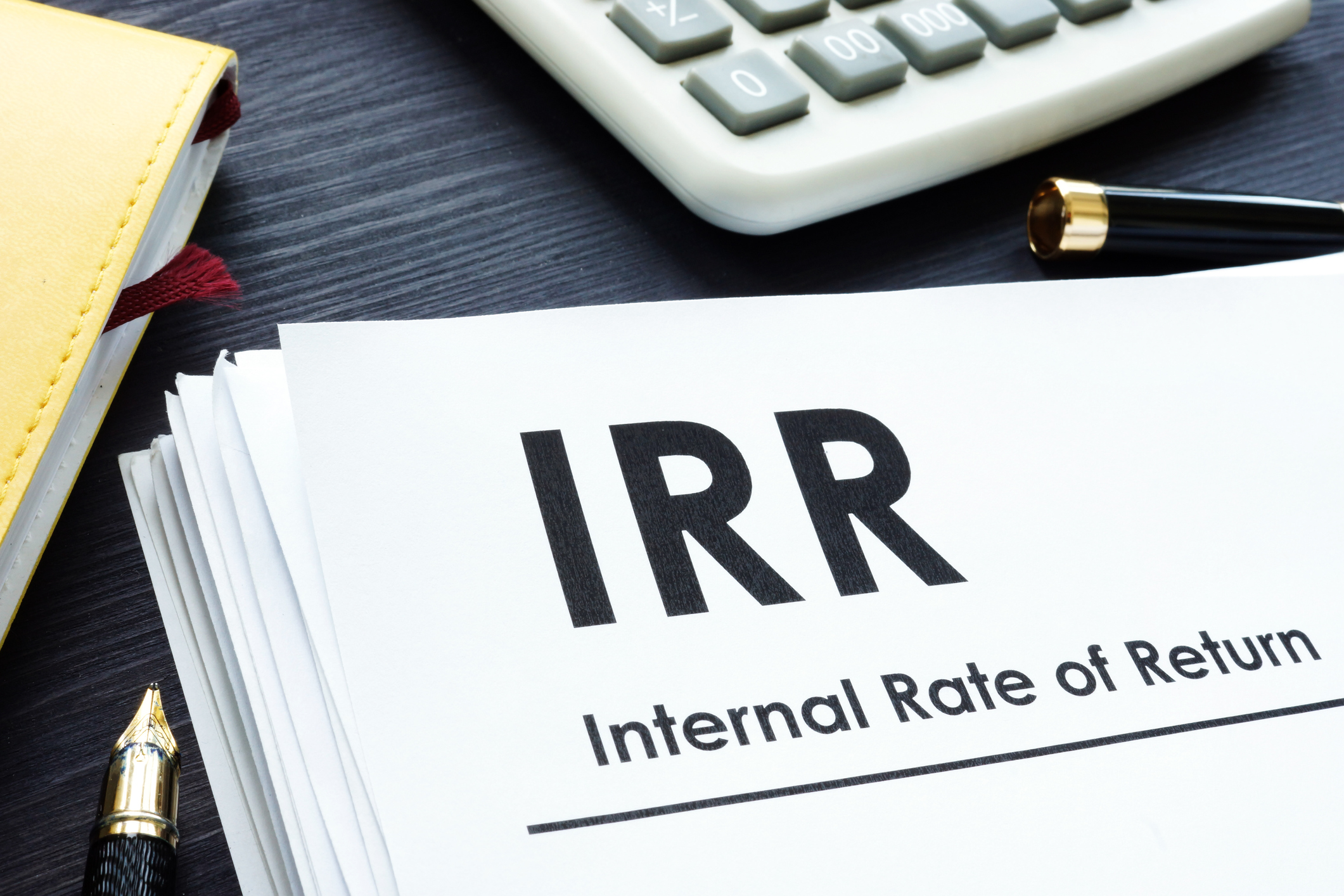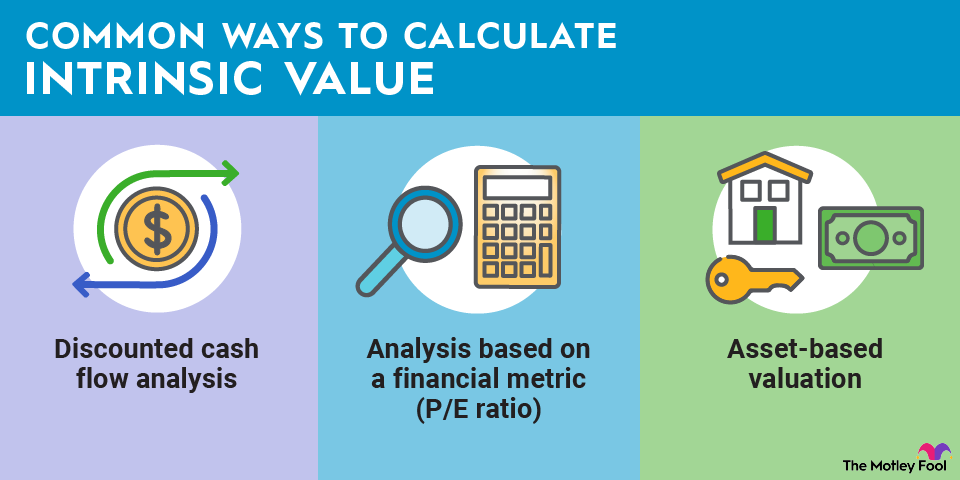If you're looking for a way into today's expensive and competitive housing market, you may be considering an interest-only (IO) mortgage. Or maybe you were looking for a mortgage backed security and saw IO mortgages listed and wondered what they were. Either way, you're in the right place -- read on to learn about this specialized mortgage product.

What is an interest-only mortgage?
An interest-only mortgage is a home mortgage designed so that some number of payments in the beginning are only the interest portion of the mortgage payment. In other words, rather than paying both the principal and the interest like a standard mortgage, you'll just pay the interest portion each month.
This can be an appealing situation for people who are planning to refinance before the interest-only period is up, especially in a market where homes are still appreciating in value. IO mortgages can allow you to get your foot in the door of the housing market (no pun intended) or into a different sort of home with a payment you can afford in the near term.
How does an interest-only mortgage work?
An interest-only mortgage is generally structured so that the first five to 10 years of payments are only on the interest that accrues on your principal each month. Generally, this means that you'll pay less each month on your home than you would with a traditional mortgage.
When the interest-only period ends, though, you may find that your payments are higher than they would have been with a standard 30-year fixed-interest mortgage. When the mortgage flips into full repayment mode, the remaining balance will be amortized over the period that remains, often 20 to 25 years, making for a higher monthly payment at that point.
Other interest-only mortgages don't even offer that much of a convenience for the homeowner and instead require that you refinance or provide a balloon payment at the end of the interest-only term to cover the remaining balance.
Why use an interest-only mortgage?
Although interest-only mortgages may sound pretty awful, there are actually a few reasons people might take one out.
For example, if you're fresh out of college and looking for a home in which to start your family, an interest-only mortgage might make sense if you know your future income will be more than enough to allow you to refinance. Another reasonable use of an interest-only mortgage is if you're waiting to sell a home or other large asset.
The thing these two scenarios have in common is that they're temporary. Interest-only mortgages are temporary solutions only -- they are not permanent solutions to housing affordability issues.
They can make sense, especially if prices continue to climb in your area, because they allow you to go ahead and get into your home now, rather than having to wait. Those extra years of appreciation can balance out the lack of equity building through payments.
Why do interest-only mortgages matter to investors?
Two types of investors care about interest-only mortgages: real estate investors and those who invest in mortgage-backed securities (MBS). These are two very different kinds of investors with very different reasons to need to learn more about these products.
Real estate investors, especially flippers, small homebuilders, or developers, can use interest-only mortgages to keep their business expenses low while they repair, build, or develop their real estate assets. Because they intend to add value to and then sell the property, an interest-only mortgage can make sense.
The lack of equity building via payments doesn't really matter, and since they don't intend to own the properties for long, paying just the interest can free up cash for other projects.
Related investing topics
People who invest in mortgage-backed securities, on the other hand, may run into interest-only mortgages as part of those MBS packages. MBS can contain all kinds of mortgages, from conventional loans backed by the Federal National Mortgage Association (FNMA -1.95%), or Fannie Mae, to very risky subprime or non-qualifying loans such as interest-only mortgages.
The interest-only mortgages often have substantial returns attached to them because of the risk involved, which can feel a little like gambling. However, they can also pay handsomely if the mortgages you've invested in are paid off.


